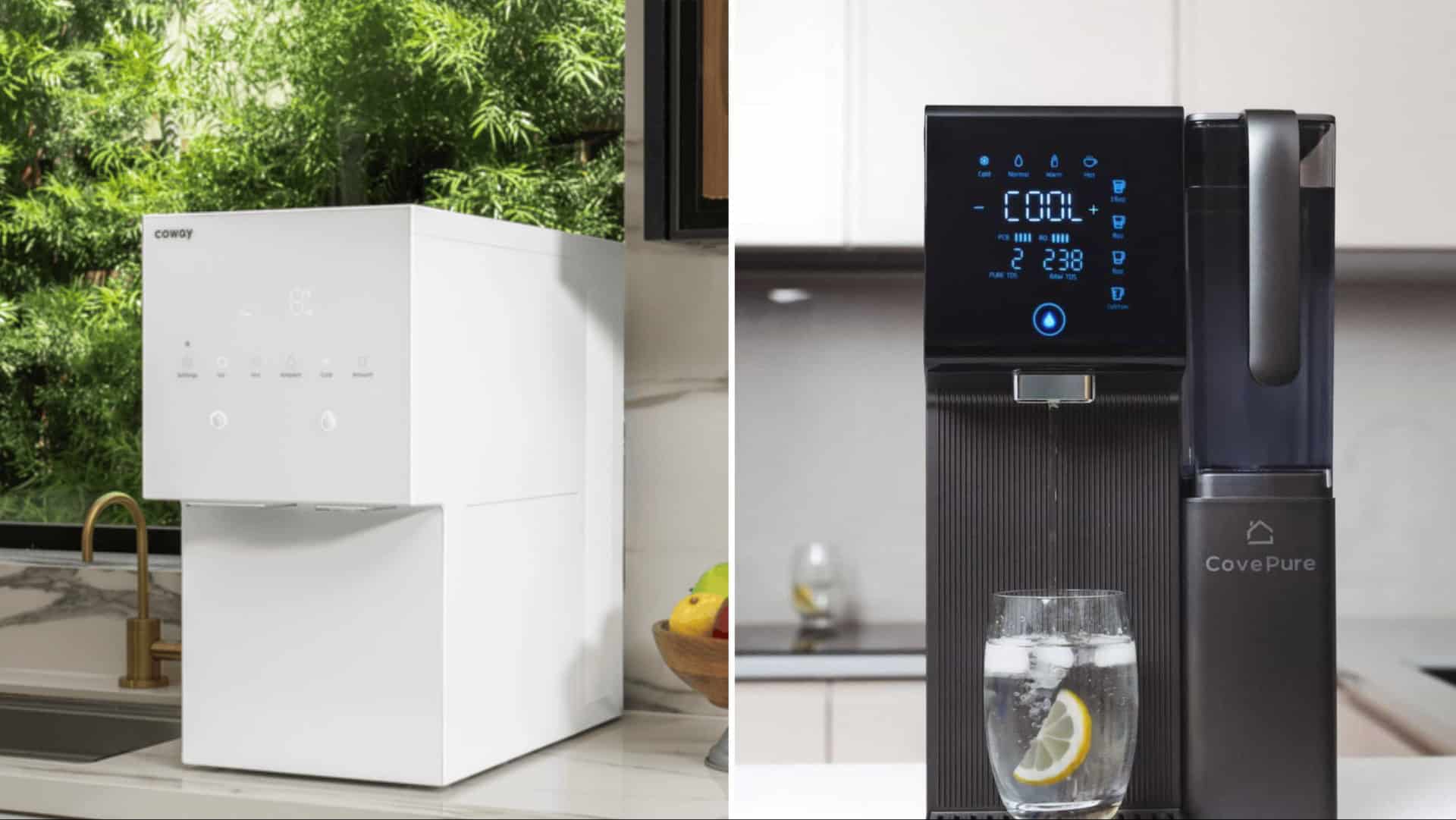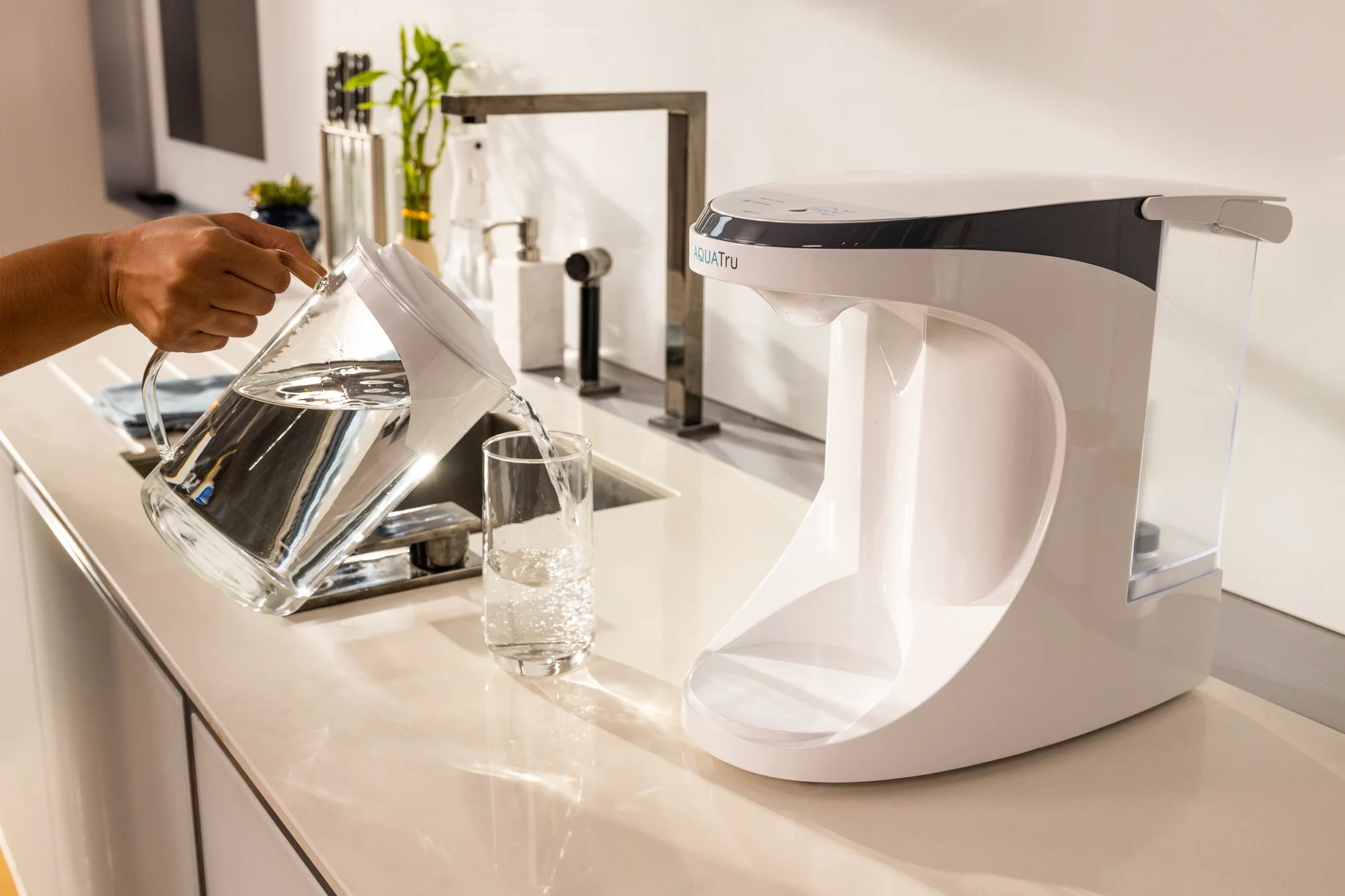Water filters have become essential in ensuring safe drinking water, but their high costs often raise questions.
By delving into the nuances of their design and production, we uncover why these prices are justified.
1. Advanced Filtration Technologies
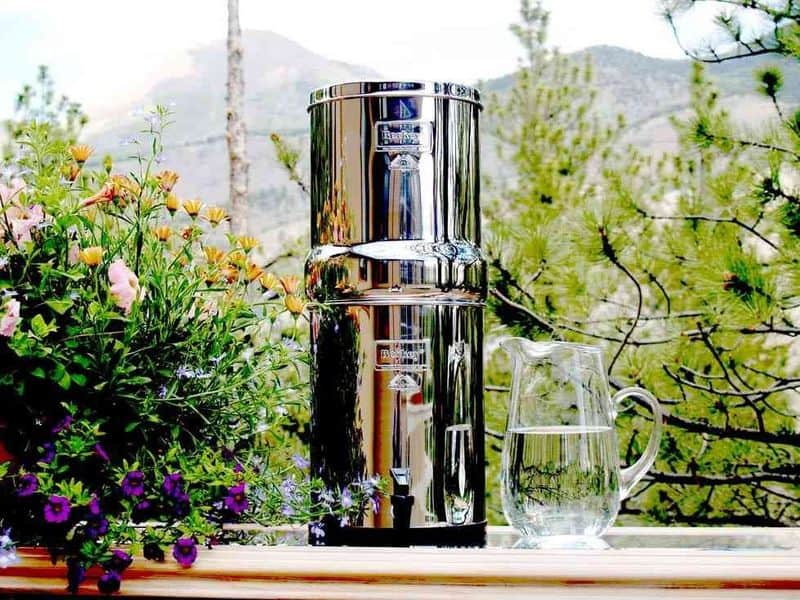
Ever wondered how water filters manage to purify so effectively?
Cutting-edge technologies such as reverse osmosis, UV sterilization, and multi-stage filtration make this possible.
These advanced processes naturally increase manufacturing expenses. Each layer adds a unique level of purification, ensuring every drop is clean.
Investing in such technology means safer water, albeit at a higher cost.
2. High-Quality Materials
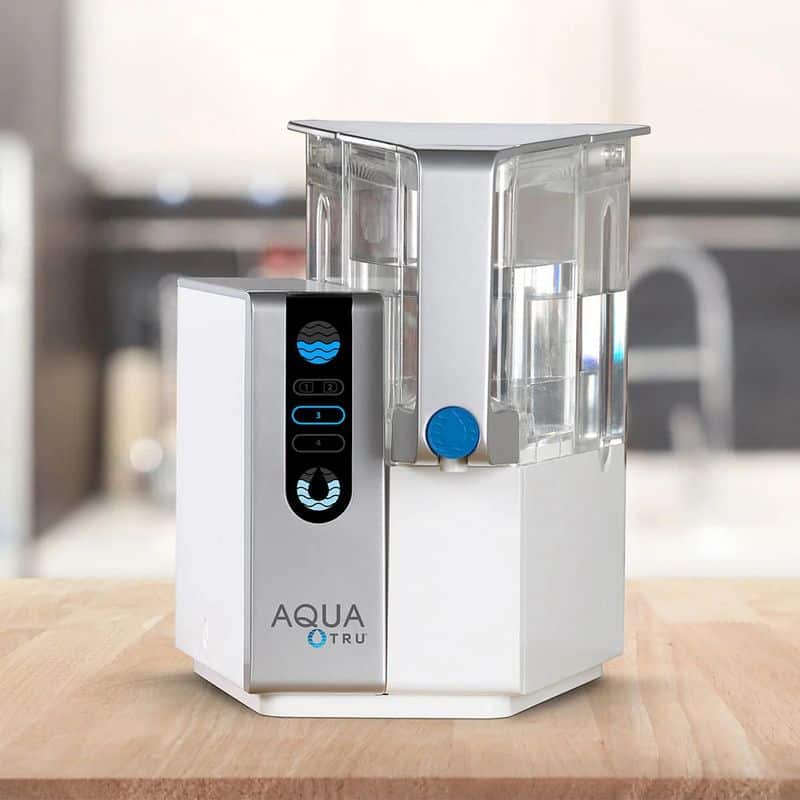
The secret to premium water filtration often lies in the materials.
High-grade components like activated carbon and specialized resins are not only effective but durable.
This durability comes at a price. Using such materials ensures the filter’s longevity and performance, making every sip of water worth the investment.
3. Research and Development
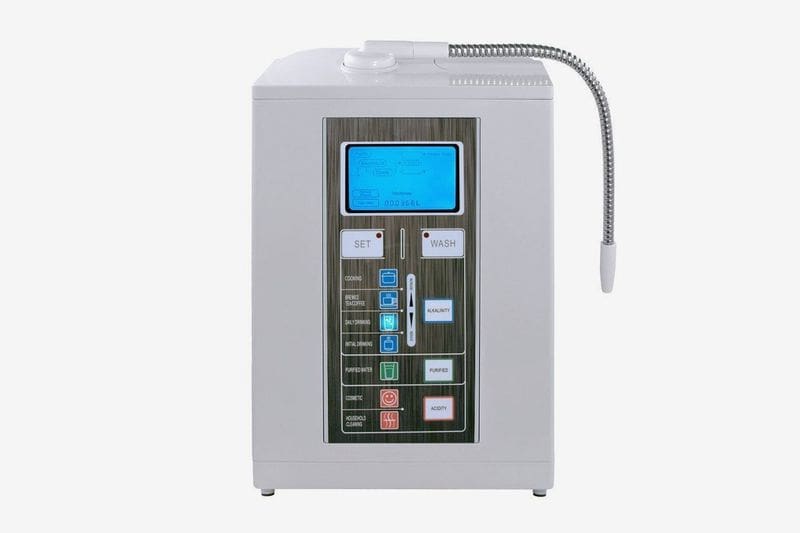
Innovation drives the water filtration industry forward. Significant investment in research and development leads to better filtration features and capabilities.
Laboratories are bustling with experiments and breakthroughs, all aimed at ensuring your water is cleaner.
This continuous quest for improvement inevitably reflects in the product cost.
4. Certification and Testing
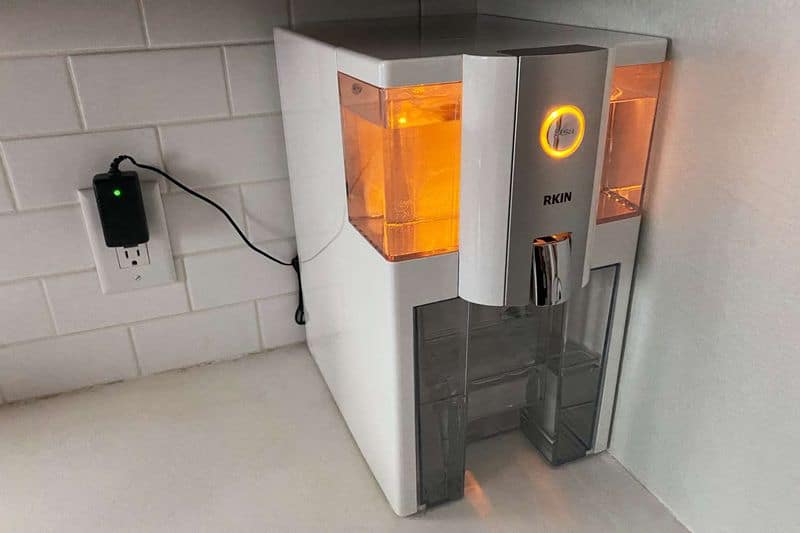
Safety first! Water filters undergo stringent testing to meet various certifications, like NSF and WQA.
These rigorous evaluations validate their safety and efficiency. Achieving such certifications is no small feat and contributes to the overall price.
It’s the assurance of safety standards that makes every dollar spent worthwhile.
5. Brand Reputation
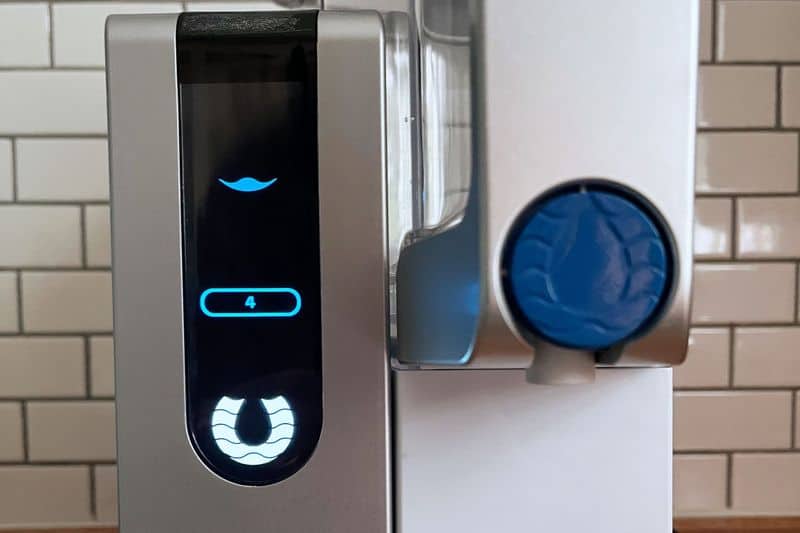
Names matter, especially in the world of water filters. A brand’s reputation can significantly influence its pricing.
Established brands often charge more due to their perceived reliability and quality.
Consumers trust these names for their proven track records, making them willing to pay a premium. Quality assurance often comes with a recognizable logo.
6. Installation and Maintenance Costs
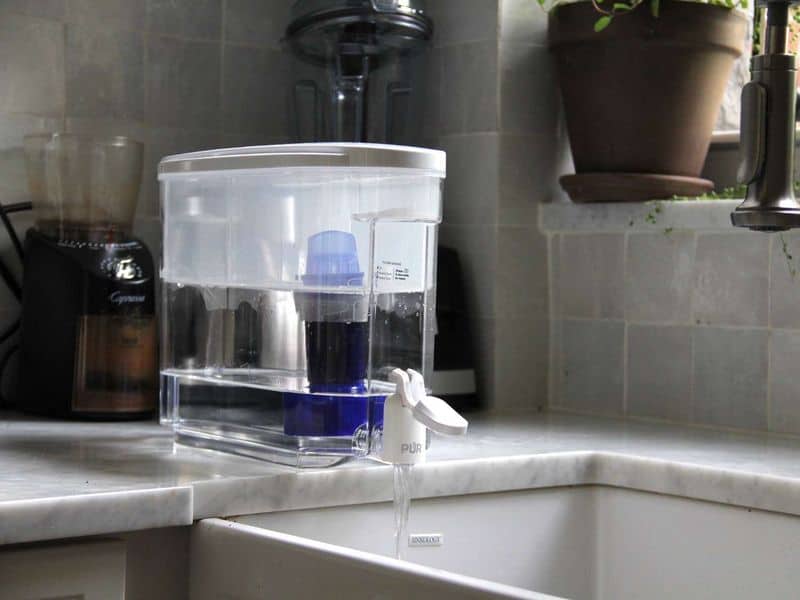
Getting the perfect filtration system often involves more than just buying the product.
Many systems require professional installation or regular maintenance, adding to the expense.
Skilled labor and consistent upkeep ensure optimal performance.
Thus, the associated costs are an investment in maintaining water quality over time.
7. Supply Chain and Manufacturing

Behind every water filter is a complex supply chain. Import costs, logistics, and manufacturing locations all play roles in determining the final price.
These logistical elements ensure that high-quality components are available and delivered on time.
The intricacies of a global supply network add layers to production costs.
8. Customization and Features
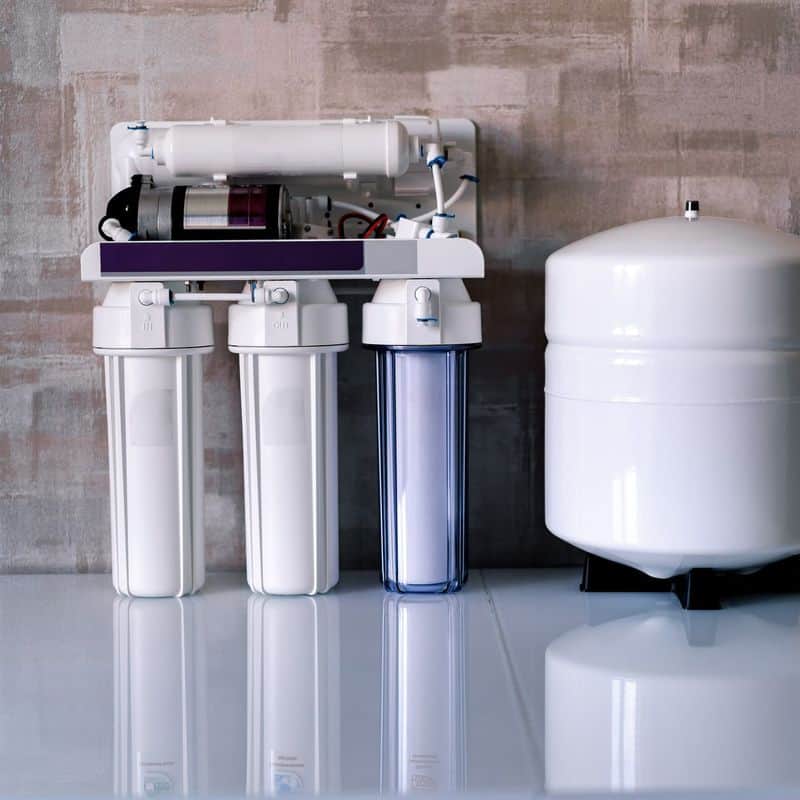
Personalization in filtration is becoming a trend. Filters offering unique features like smart monitoring or aesthetic designs come with a higher price tag.
These added functionalities cater to individual preferences, making water filtration more convenient.
Investing in these customizable features enhances user experience and justifies the cost involved.
9. Limited Production Runs
Specialized filters often come from limited production runs, which means higher costs per unit.
These niche products are crafted with specific needs in mind, offering bespoke solutions.
The exclusivity of production ensures tailored quality, justifying the elevated expense. Such filters are for those who desire uniqueness in everyday items.
10. Market Demand
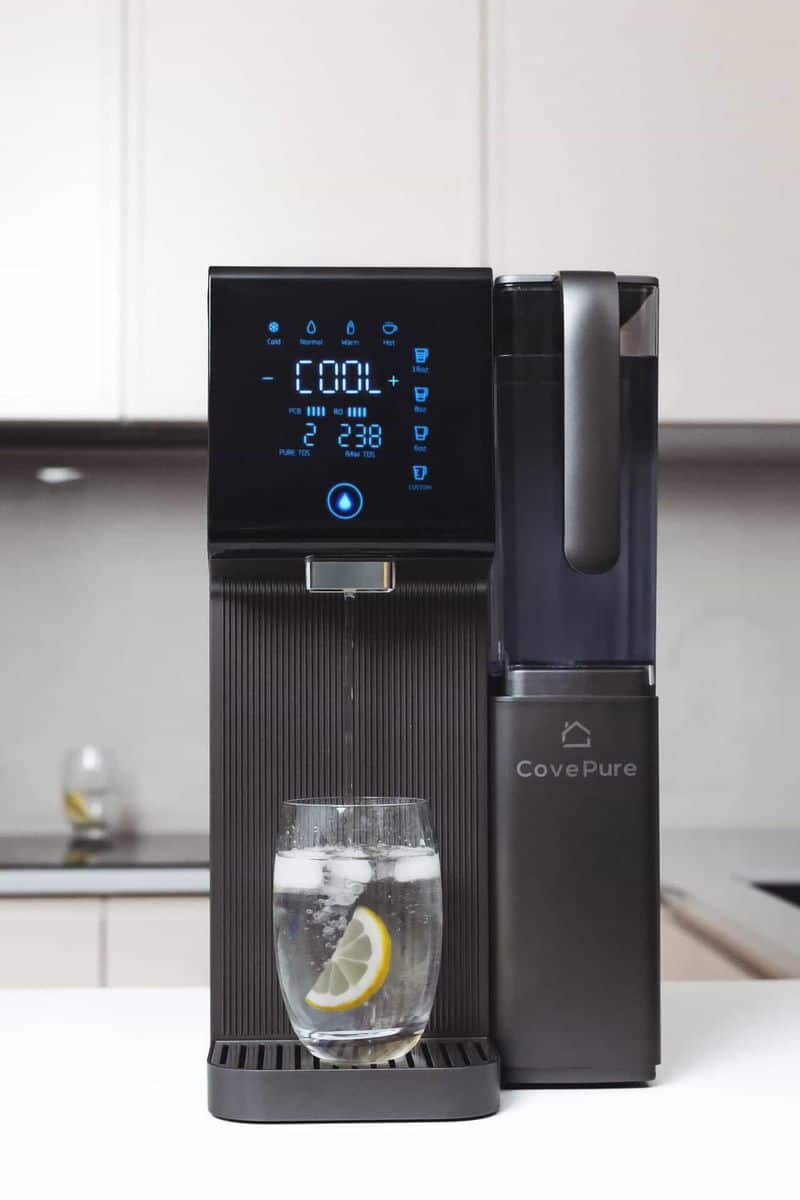
Demand can drive prices skyward. When consumers gravitate towards certain features or brands, prices naturally reflect market dynamics.
High demand often leads to a premium, as companies capitalize on popularity.
Understanding consumer behavior and preferences helps explain why some filters fetch a higher price. It’s economics at play.

